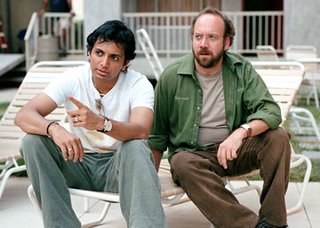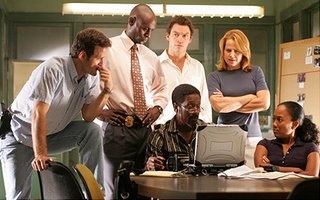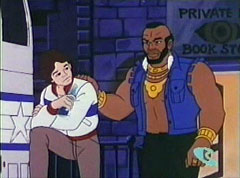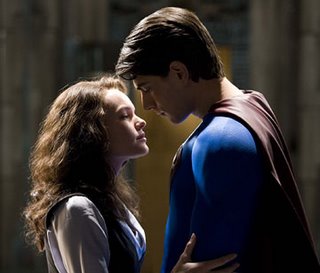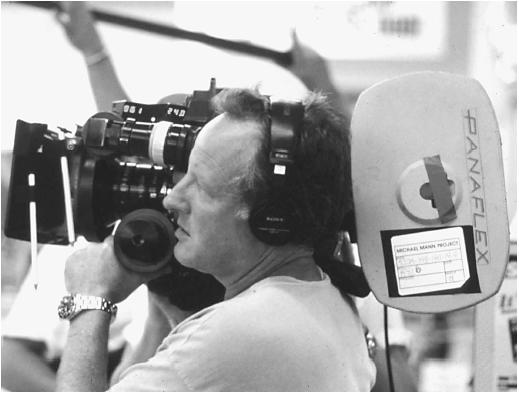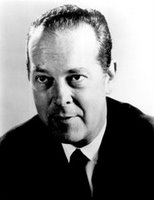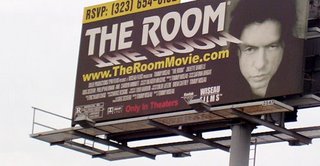Lincoln Center Festival: Eraritjaritjaka

I've traveled far afield from the august Termite Art estate, all the way up to 60th street and that glistening monstrosity that is the Time Warner Center. They have a theater in there you know, and I went to see a show (twice).
Part of the summer festival, Eraritjaritjaka (a reference to an Australian Aboriginal phrase meaning "driven by the desire for something lost"), is a mixed media performance piece that I, gullible jerk that I am, adored. It mixes up the following: the French actor Andre Wilms, the Dutch string quartet the Mondriaan Quartet, and live video by Belgian filmmaker Bruno Deville. All conceived and directed by German Heiner Goebbels. As with most things I enjoy, it's a simple concept: Wilms reads a variety of aphorisms by Bulgarian/Jewish/British author Elias Canetti (in French, with English supertitles), ranging over themes of power, love, cooking, language, solitude...and more!
It starts off on a bare stage, the Mondriaan Quartet playing Shostakovich while seated in four
 chairs. Then the floor opens up to reveal a giant white square which Wilms enters, beginning with a comparison between humanity and bowling pins, and spinning gracefully around as he is led by a rectangular beam of light, him at the axis. It's grim humor about man's isolation - which he follows up by plucking a tiny house and placing in the middle of the square. He lays his head upon its roof and envisions life if it ran in reverse - we gain wisdom as we get younger, and something about a tiny pope.
chairs. Then the floor opens up to reveal a giant white square which Wilms enters, beginning with a comparison between humanity and bowling pins, and spinning gracefully around as he is led by a rectangular beam of light, him at the axis. It's grim humor about man's isolation - which he follows up by plucking a tiny house and placing in the middle of the square. He lays his head upon its roof and envisions life if it ran in reverse - we gain wisdom as we get younger, and something about a tiny pope.Then he stands, and what looks like a robotic vacuum cleaner rolls on stage of its own volition, and Wilms starts talking about animals - if they don't have fear because they lack language - whereupon he taunts it by appending a string tied to its antennae. His words lend the robot an air of consciousness - it's movements seeming hesitant next to the old man. Then, he rips off the velcro antennae - and a life-size facade of the small house is unfurled in the background. Showmanship!
Next - in a supreme bit of acting - Wilms compares orchestra conductors to dictators, their absolute control not over the orchestra - whose voices they can snuff in an instant - but also over the audience - who kowtow to their entrance and are only allowed to speak with applause at the end. It's a funny little bit - with Wilms screeching how the audience doesn't react when musicians are onstage but hush immediately when the conductor steps up. His voice modulated on a dime.
But even before all that - as he rearranged the stage, moving the Quartet's seats around for the next scene - he spoke about how even the
 instrument's names are musical - and went through a list of them, finding ridiculous ways to pronounce flute, trumpet, trombone, and my favorite, tuba, in which he emphasized the first syllable to such an extent the second just disappeared.
instrument's names are musical - and went through a list of them, finding ridiculous ways to pronounce flute, trumpet, trombone, and my favorite, tuba, in which he emphasized the first syllable to such an extent the second just disappeared.Tired and cranky, he put on a battered hat and walked into the audience and out the door - and the cameraman followed him (it was projected on the house facade) as he walked to the elevator, and hailed a cab outside. The crowd and I laughed - but he kept on going, to buying a bottle of water at a deli - and then to an apartment building where he picked up that day's paper. It was live.
Then, a series of peaks: Goebbels scored Ravel's String Quartet with Wilms making an omelette. He chopped onions while the Mondriaans were plucking - and then he even wiped a tear away from his eye, a little comic gesture much appreciated for its obviousness. As he's doing laundry in an upstairs room, the camera zooms in on the TV. An interview with Franz Ferdinand - an interviewer asks them what son of theirs they love the most. They stutter and fail to answer coherently. Wilms offers up a stunningly deadpan look at the camera - the place exploded with laughter. The second night I saw it they used a piece on CNN from a butler school. His reaction shot not quite as priceless. The camera movement throughout was phenomnal - it scooted into a refrigerator, snuck behind a wicker chair, framed Wilms' face in a plant - all during a live feed.
"Assurances in love are a guarantee of their opposite" "She married him so they'd be together always, he married her to forget her". Paraphrased, of course, but Canetti/Wilms is a cantankerous old bastard - so when he starts hearing a female voice that he can't locate- his isolation is hammered home, even though he is hilarious.
Then, revelation: the curtain raises on a window of the house inside of the theater - and Wilms is
 inside - all of the action in the apartment was occurring in the theater - there was an invisible cut once he exited the theater (where a prerecorded taxi ride was shown), and another when he entered the apartment (back to live video). Tricky punks. And quite ingenious. He ends outlining his ideal world, where those who stutter must walk with a limp, the dead rise into clouds and inseminate live women with precipitation and where people only live on the borders of countries. Place goes dark, I clap.
inside - all of the action in the apartment was occurring in the theater - there was an invisible cut once he exited the theater (where a prerecorded taxi ride was shown), and another when he entered the apartment (back to live video). Tricky punks. And quite ingenious. He ends outlining his ideal world, where those who stutter must walk with a limp, the dead rise into clouds and inseminate live women with precipitation and where people only live on the borders of countries. Place goes dark, I clap.




